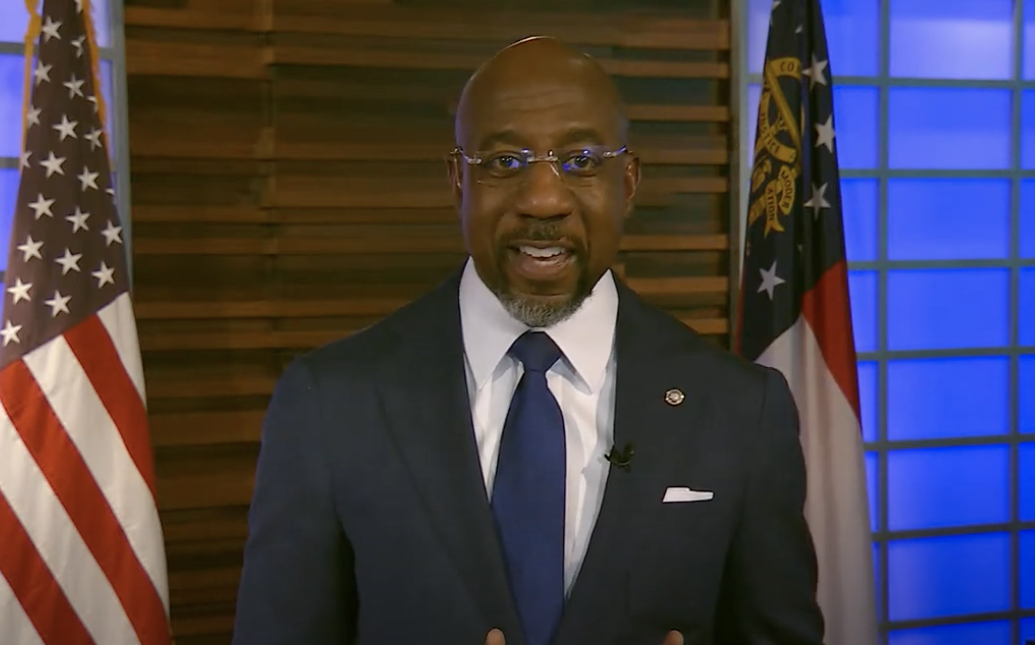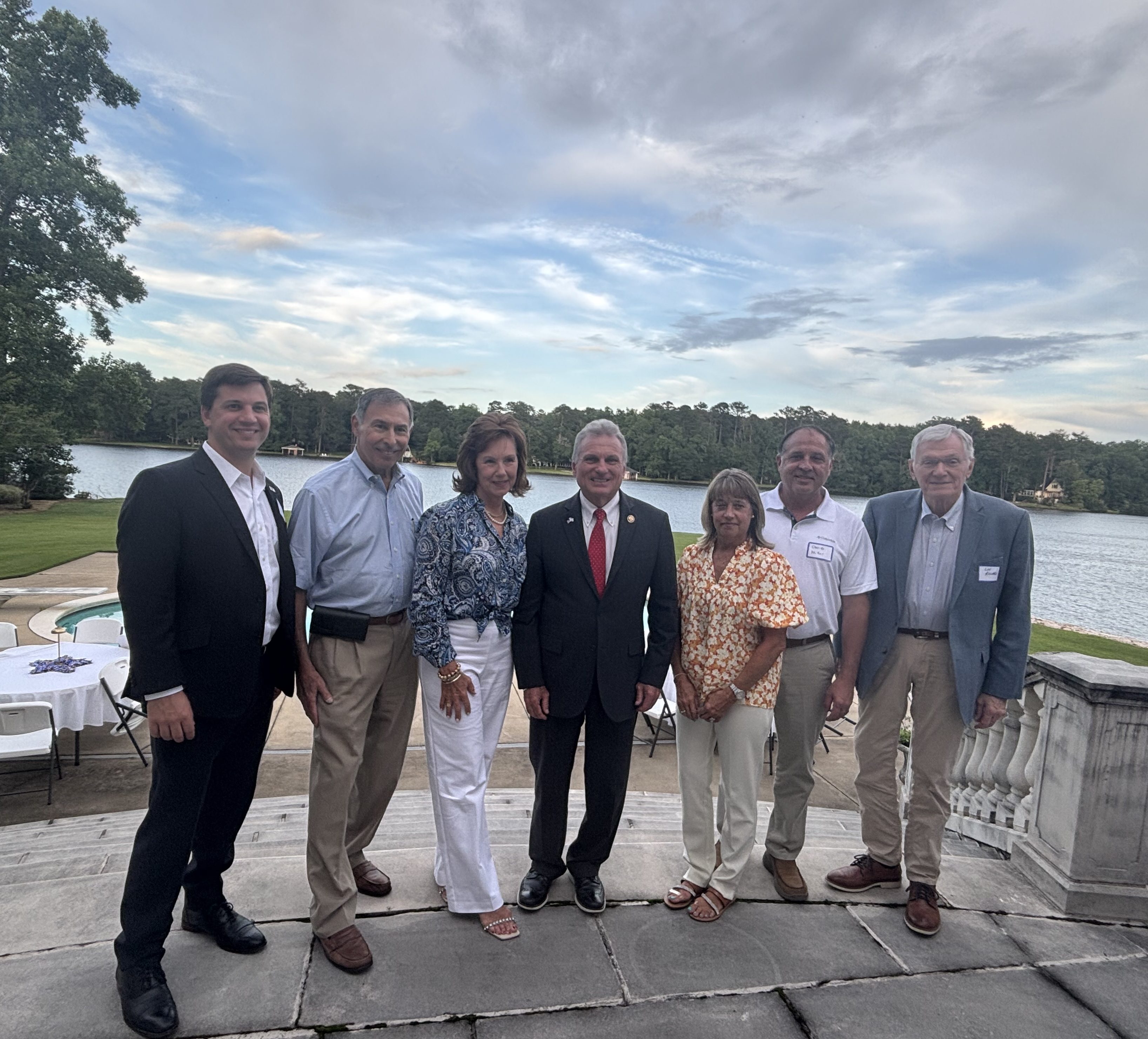Gov. Kemp announces $26.5 million for local transportation projects
Published 4:40 pm Tuesday, June 24, 2025
Governor Brian P. Kemp and the State Road and Tollway Authority (SRTA) Board of Directors today announced the approval of a record $26.5 million in Georgia Transportation Infrastructure Bank (GTIB) loans and grants that will help fund 13 transportation infrastructure projects across the state. This round of GTIB awards is possible thanks to a $46 million budget enhancement allocated in the AFY 2025 state budget. These investments also mark two additional records for the bank that include the largest combined rural award, totaling $13.3 million, and the largest amount of loans, totaling $15.5 million.
“Thanks to conservative budgeting and strategic funding of our priorities, Georgia is not only the No. 1 state for business we’re also the best state for reliable infrastructure,” said Governor Brian Kemp, Chairman of the SRTA Board. “With this year’s historic rural investment, we’re preserving our competitive edge and reaffirming our commitment to creating opportunity in all parts of our state, especially rural Georgia. I want to thank the General Assembly and the SRTA team for making these awards possible and I look forward to the generational impact they will have on our communities.”
The Mount Vernon Roadway Connectivity project, one of the major rural investments included in this round of awards, will receive a $1.4 million GTIB grant for improvements and repairs to several local roads damaged by Hurricane Helene. Funds will also go toward the paving of a dirt road. This GTIB grant enables critical roadwork to advance more quickly, enhancing safety for this rural community.
The largest GTIB investment for this round is a $4.9 million loan to the Cumberland CID for the Cumberland Sweep Segment C buildout – a 3+ mile path around the core of the Cumberland District. The project will enhance transportation for more than 80,000 office workers, residents and visitors in the Improvement District by constructing the first portion of the Cumberland Sweep, a 0.4-mile shared-use path that connects to the existing pedestrian bridge over I-285 and includes traffic signal upgrades at Galleria Drive and Galleria Parkway.
Another significant loan of $2.4 million along with a $1 million grant was awarded to Barrow County for a new roundabout at State Route 53 (SR 53) at Mulberry Road. This portion of SR 53 connects the cities of Winder, Hoschton, and Braselton, with a combined population of over 40,000. The project will reduce vehicle collisions and improve freight movement. This GTIB investment also accelerates project delivery by three years, resulting in lower overall project costs.
“SRTA is honored and excited to continue investing in Georgia’s transportation network, this year by infusing more state funds than ever into local projects,” said Jannine Miller, Executive Director of the State Road and Tollway Authority. “Rural communities made up 38% of GTIB applications this year, indicating transportation is important in every corner of our state. With the support of Governor Kemp and the General Assembly, GTIB is helping local governments accelerate project delivery and lower long-term costs for Georgia taxpayers.”
Since its inception in 2010, GTIB has awarded $242 million in transformative grants and loans, investing in projects with a combined project value exceeding $1.2 billion, demonstrating the impact of the state’s investment and outstanding partnerships with local governments and community improvement districts over the past 15 years.
From the very first award granted, GTIB has provided strategic state investments in critical transportation projects that enhance mobility in local communities throughout Georgia. Applications are evaluated on a competitive basis, and criteria include transportation, engineering, economic value, matching funds, and project specifics like project phase and feasibility.
Loan applications are also evaluated for creditworthiness and overall project merits. An advisory committee comprised of representatives from state agencies and statewide associations evaluate SRTA staff recommendations and make final recommendations to the SRTA Board. Funds distributed by GTIB are used to support capital improvements.






